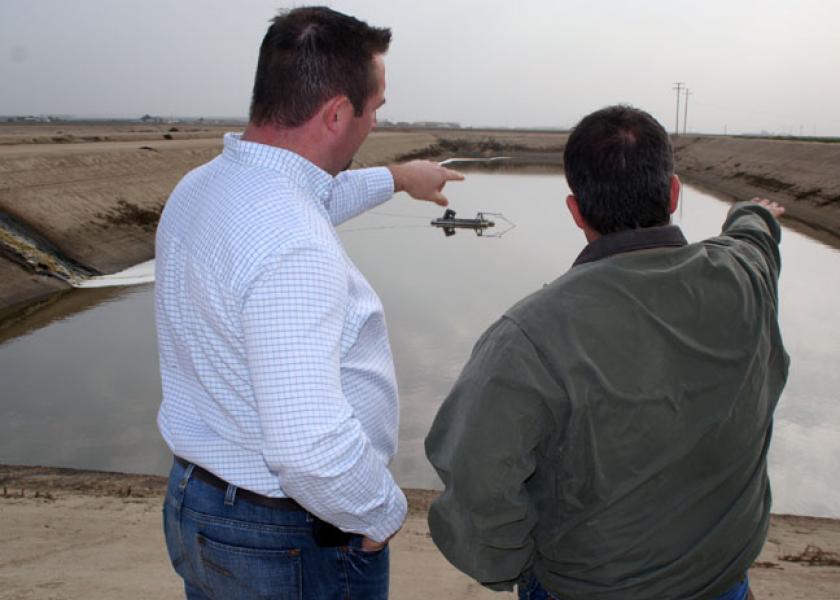California Dairy Groups Sue State Water Board over Program Fee Increases

Lawsuit alleges the state’s dairies have seen a 69% jump in fees in past two years with no additional services.
Reacting to recent sharp increases in water-quality permit fees, a handful of California dairy producer groups has filed a lawsuit against the State Water Resources Control Board.
Western United Dairymen, California Dairy Campaign and Milk Producers Council allege that the Water Board violated a state law intended to protect dairies and other commodity groups from unfair fee increases. The lawsuit also contends the Water Board infringed on a state constitutional provision intended to protect regulated industries against illegal tax increases. The joint suit, being handled and funded by Dairy CARES, is asking the court to reverse the fee charges.
The fees are paid yearly to fund the program that administers the Waste Discharge Requirements (WDR), adopted in California in 2007 as new water-quality rules for dairies.
The Water Board, which oversees the WDR program, increased water-quality permit fees sharply in each of the last two years, says Paul Sousa, WUD’s director of environmental services. Program fees rose 27% in 2013, followed by a 33% increase in 2015, according to WUD. For a 1,000-cow dairy, that puts the annual program fee at $3,974.
“We get no additional services,” Sousa says. “The increases are not a fee but a tax.”
The fees pay for inspectors and other services needed to run the program that regulates dairies. But the program and amount of staff have changed little in recent years, Sousa says. The state decided to boost fees in order to help support other programs, unrelated to dairy, that have seen their funding expire. Other industries, such as processing plants and wastewater treatment facilities, have also seen their program fees increase sharply, according to Sousa. “They’re paying costs that have nothing to do with regulating their industries,” he says.
“We are not protesting the regulations or the cost of running the WDR program but those costs that don’t have anything to do with dairy,” adds Sousa.
“The combined increase of nearly 69% in two years was part of a longer-term trend in which dairy fees have quadrupled since 2005,” he says. “During the same period, more than 500 of the state’s dairies have gone out of business due to poor economic conditions.”
The suit alleges that the 2013 and 2014 increases violated a provision of the state constitution that requires a two-thirds vote of the state Legislature before taxes can be increased. The suit also asserts that the Water Board failed to comply with provisions of state law that prohibit state agencies from collecting any fee or charge in an amount that exceeds the reasonable cost of providing the service, and provisions of state law that require consideration of the “pricing mechanism of the commodity produced” when setting fees.
Under the WDR program, dairy producers must monitor and document their manure management processes at weekly, monthly and yearly intervals. They are subject to inspections by the Water Board and fines for non-compliance.







